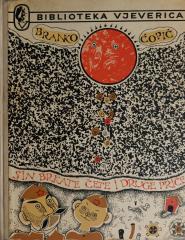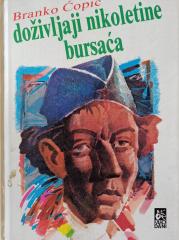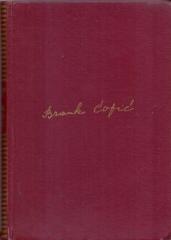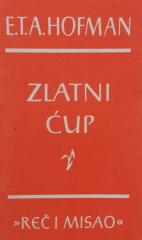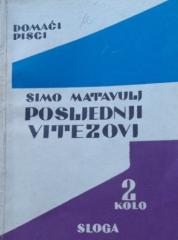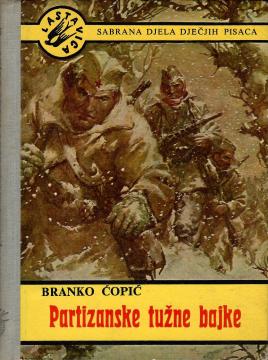
Partizanske tužne bajke
"Partisan Sad Tales" is a collection of stories by Branko Ćopić, published in 1949, which in a special way describes the suffering, heroism and emotional moments from the time of the National Liberation Struggle during the Second World War.
Although the name of the collection includes the word "fairy tales", the stories are far from classic fairy tales; they are strong, touching and tragic, but often imbued with Ćopić's recognizable humor and warmth.
The characteristics of the collection are the everyday life of the partisans, the suffering of people and nature, but also the beauty of the human spirit and courage. The tone radiates a mixture of sadness and poetic beauty, with occasional humorous moments that reflect Ćopić's faith in the goodness of people. The author uses simple, emotional and picturesque language, with elements of folklore and lyrical prose.
Main stories from the collection: "The Story of Mari": A poignant story about the little girl Mari, a symbol of the innocent victims of war. Mari was killed in a German attack, but remains remembered as a girl full of life and joy. "Breakthroughs": Talks about the difficult challenges the partisans went through during battles and retreats. "Beautiful blue gentlemen": A story with elements of irony, in which Ćopić looks back on the occupation's propaganda and the moral weakness of the enemy. "Bridge": The symbolism of the bridge as a joining of people and forces that tear it down and restore it.
Although the stories are filled with sadness, Ćopić does not lose faith in human kindness, love and hope. Each story carries a strong humanist message about the meaning of the struggle for justice and freedom.
This collection is one of Ćopić's most personal works, as it is based on his own experiences from the partisan days, and even today it remains a powerful reminder of the horrors and nobility that war can bring.
One copy is available
